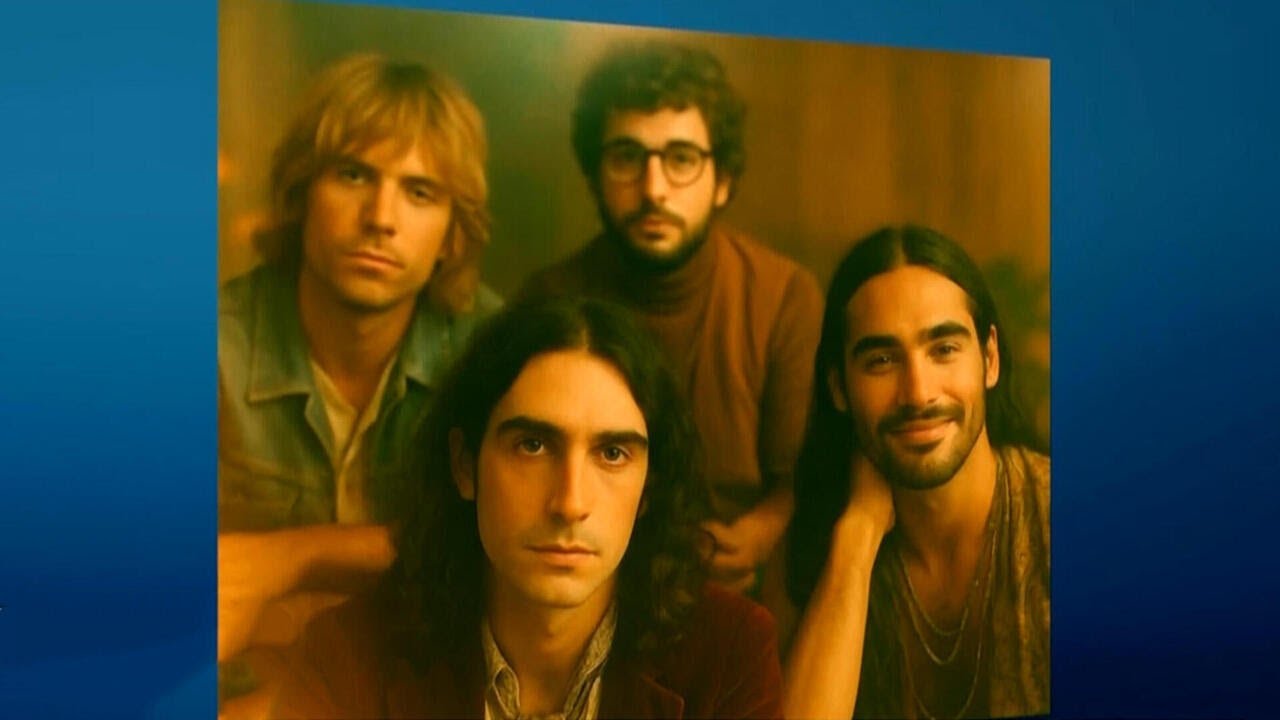AI-generated music is rapidly advancing, producing polished songs instantly and raising concerns about authenticity, creativity, and the potential replacement of human musicians in the industry. While some view AI as a helpful tool to enhance creativity, many worry about ethical implications, the loss of emotional connection, and the need for legal protections to safeguard human artistry.
The music industry is facing a potential upheaval as artificial intelligence (AI) begins to encroach on the deeply human process of creating music. While Taylor Swift recently announced her upcoming album, highlighting the traditional artist’s journey, AI is rapidly advancing to produce fully formed songs in mere seconds without any human musical talent. A report from Atlanta’s Tree Sound studio showcased how AI can generate an entire song, including lyrics and vocals, almost instantaneously, blurring the lines between real and synthetic artistry.
A striking example presented was a fictitious AI-generated artist named Sadie Wyinners, who quickly amassed 1.5 million followers on Spotify despite not being a real person. The AI-created song was analyzed by Grammy-nominated songwriter Parker Welling, who noted that while the song sounded polished and radio-ready, it lacked the depth and personal experience that human songwriters bring to their craft. The rapid production time of AI music starkly contrasts with the hours or days human artists spend perfecting their work, raising questions about authenticity and creativity.
The ethical and cultural implications of AI in music are complex and concerning for many in the industry. AI systems are trained on existing human-created music, essentially remixing and replicating human creativity without genuine emotional experience. This has sparked debates about the need for legislative guardrails to protect human creators and ensure that AI does not undermine the value of authentic artistic expression. The rapid pace of AI development outstrips the slower-moving legal frameworks, leaving many creators vulnerable.
Public opinion on AI-generated music is mixed. While some listeners appreciate the quality and novelty of AI-produced songs, others feel a disconnect, emphasizing that music’s power lies in its human connection. Fans express sadness over the inability to experience live performances from AI artists and question the ethicality of machines attempting to replicate deeply personal art forms. The concern is that AI could eventually replace human musicians, eroding the communal and emotional aspects that make music meaningful.
Despite these challenges, some in the industry see AI as a tool to enhance creativity rather than replace it. Studios are experimenting with AI to boost inspiration and streamline production, using it as a background aid rather than the sole creator. The conversation continues as artists, lawmakers, and fans grapple with the evolving role of AI in music, balancing innovation with preserving the human spirit that lies at the heart of artistic expression.
